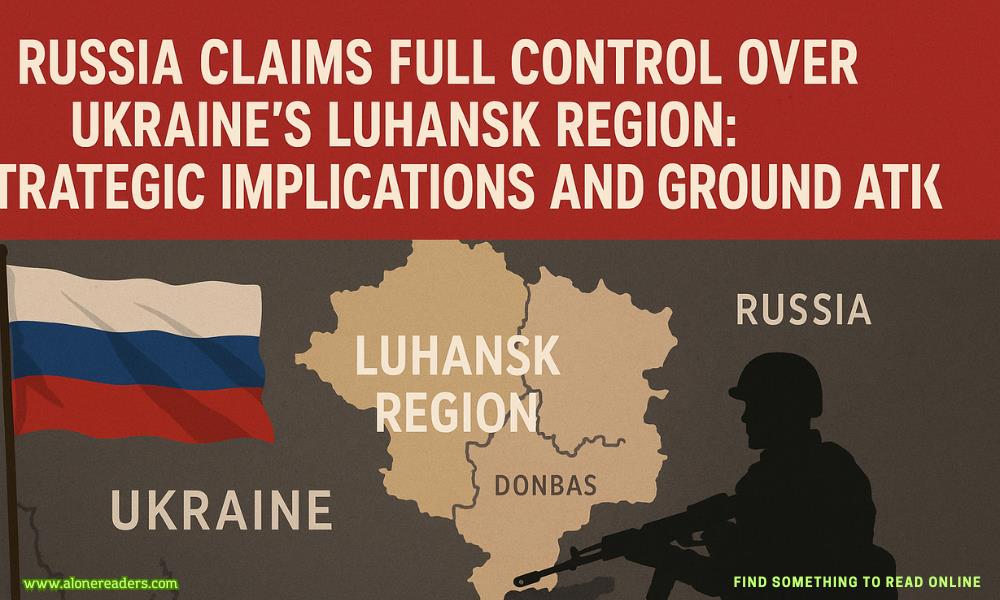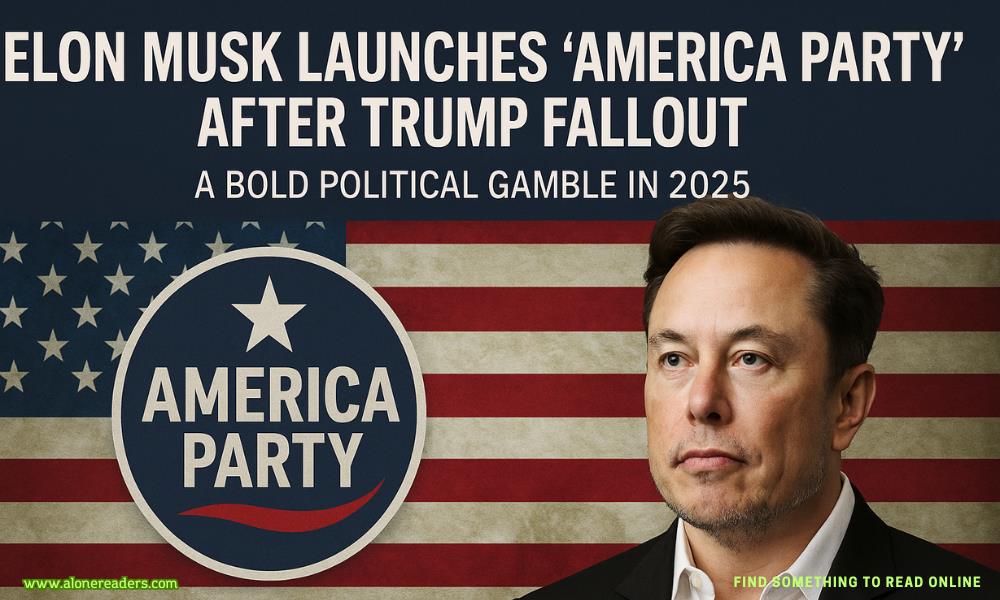Page 74 of Reckless Consequences
“Stabilization beginning,” Mona announces without looking up. “Sterling genetic markers providing temporary resistance framework.”
“Will he recover?” Ryker asks, cedar scent sharp with concern beneath his commander’s calm.
“Unknown. Formula designed for omega-adjacent genetic structure.” Mona glances briefly at Cayenne. “Beta physiology lacking necessary receptors. Creating unprecedented neural pathways.”
“What does that mean?” Cayenne presses.
Mona finally pauses, looking up from her instruments with rare directness. “Means if he survives, he won’t be the same. Formula rewrites designation at fundamental level. Changes... everything.”
The revelation settles over us like physical weight. Not just a matter of recovery time, but potential transformation at the most fundamental level.
“Will he still be Finn?” Cayenne asks, the question we’re all afraid to voice.
“Core personality structures likely stable. Analytical processes potentially enhanced.” Mona returns to her work. “But designation markers in flux. Impossible to predict final configuration.”
As we watch Mona fight to stabilize him, I feel something shift in our pack dynamics—the easy relief of victory giving way to the stark reality that Roman Sterling’s legacy continues to threaten us even from beneath tons of concrete.
The battle for Aurora may be won, but the war for Finn’s survival is just beginning.
Chapter18
Cayenne
Twelve hoursafter Finn’s collapse, and the beeping of medical equipment has become our heartbeat.
“Neural activity stabilizing,” Mona announces, studying displays with intense focus. “Medically induced coma functioning within parameters. Formula progression temporarily contained.”
The purple-black lines mapping Finn’s veins have stopped advancing, though they haven’t receded. His skin is pale but no longer that terrible gray from when the formula first attacked his system. Progress, however slight.
Quinn’s medical team had been dismissed hours ago—Mona declaring their interventionsirrelevantandinadequate. Now we keep the vigil alone, Mona’s specialized equipment surrounding Finn’s bed like sentinels.
“He’s going to be okay, right?” I ask, hating how small my voice sounds. My fingers tap an unconscious binary pattern against my thigh. Where’s my usual bravado when I need it?
“Prognosis uncertain,” Mona admits, unwrapping a lollipop with quick, practiced movements. “Formula interaction with previous viral exposure creating unprecedented neural pathways. Fascinating from a research perspective. Concerning from a familial standpoint.”
“That’s not comforting,” Jinx grumbles from his position at the foot of Finn’s bed. His restless energy fills the small space as he positions himself between the door and the rest of us.
“Comfort wasn’t requested. Accuracy was.” Mona adjusts something on a monitor. “Current stability promising but insufficient for conclusive prognosis.”
Theo moves closer to Finn, drawn by the need to provide care even when medical science has taken over. He brushes Finn’s forehead in a gentle caress that somehow looks both intimate and professional.
“I’ve read studies about coma patients,” he says quietly. “They can sometimes hear what’s happening around them. Process conversations even when they can’t respond.”
“You think he can hear us?” I ask, looking at Finn’s too-still form.
“It’s possible.” Theo arranges Finn’s blankets with careful attention. “The research is still developing, but there’s evidence suggesting familiar voices can help anchor patients, give them something to follow back.”
Ryker, who’s been maintaining his silent vigil by the door—positioned to monitor both the entrance and all of us simultaneously—moves closer.
“Then we should talk to him.”
“About what?” Jinx raises an eyebrow. “The weather? Political situation? Our plans to demolish Sterling’s remaining research facilities?”
“About him,” Theo suggests. “Memories. Things that matter to him. To us.”
“Like a verbal highlight reel of his greatest hits?” Jinx considers this. “I can start with the time he calculated the exact trajectory needed to take down that Sterling guard without making a sound. It was beautiful. Like watching math come to life.”
“Or you could start with something that doesn’t involve violence,” Theo suggests gently.
- Royally Matched by Jenna Brandt
- Objection by B. Love
- Angelo's Vengeance by Haven Fox
- Sunburned by Katherine Wood
- The Nightblood Prince by Molly X. Chang
- Bound By Stars by E.L. Starling
- Lunar's Ruined Alpha by Jennifer Eve
- Claiming His Rejected Mate by Flora R. Leigh
- The Orc's Stolen Shepherdess by Aurora Winters
- Susie's Orc by Leigh Miller
- Shadows of Stardust by Leigh Miller
- Holly's Grizzly by Leigh Miller
- Ophelia's Vampire by Leigh Miller
- Demon's Bane by Leigh Miller
- Monsters' Manor by Leigh Miller
- Kenna's Dragon by Leigh Miller







